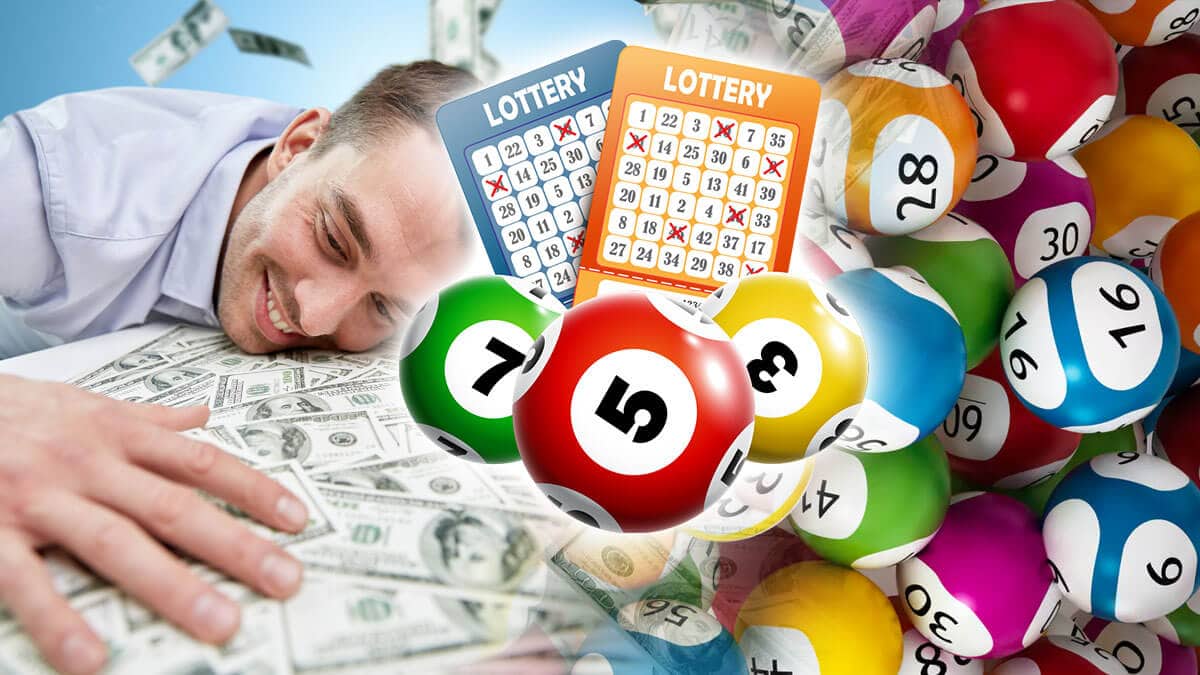Lotteries, with their promise of instant wealth, have captivated the imagination of millions around the world. In the realm of lottery games, Togel stands out as a popular and widely played variant. As players continue to chase the elusive jackpot, some have wondered if there’s a way to crack the Togel algorithm and increase their chances of winning. In this blog, we’ll explore the concept of lottery algorithms, discuss the challenges of decoding them, and examine whether it’s truly possible to predict togel via dana numbers.
Understanding Lottery Algorithms:
Lottery draws are often perceived as random events, with each number having an equal chance of being selected. However, lotteries, including Togel, use algorithms to generate the winning numbers. These algorithms are designed to ensure fairness and randomness in the selection process. The specifics of these algorithms are closely guarded secrets, known only to a select few individuals responsible for maintaining the integrity of the lottery system.
Challenges in Decoding Lottery Algorithms:
- Complexity and Secrecy: Lottery algorithms are intentionally complex to prevent manipulation and ensure the integrity of the game. The algorithms are often proprietary, and lottery organizations go to great lengths to keep them confidential. Decoding such algorithms requires a deep understanding of mathematical principles and computer science, making it a formidable challenge.
- Changing Variables: Lottery operators are aware of attempts to crack their algorithms, and to counteract this, they may periodically change the variables involved in the number generation process. This dynamic nature adds another layer of complexity, making it difficult for anyone attempting to predict the outcome consistently.
- Sheer Number of Combinations: Togel, like many other lotteries, involves a vast number of possible combinations. The odds of predicting the exact sequence of numbers are astronomically low, even with advanced algorithms and computing power. The sheer volume of potential combinations makes it practically impossible to predict the winning numbers with certainty.
The Role of Technology:
Advancements in technology have led some individuals and groups to explore the possibility of using computational power to analyze historical data and identify patterns. Machine learning algorithms and artificial intelligence have been applied to lottery data, but success in predicting lottery numbers remains elusive. The random nature of lottery draws poses a significant challenge for any algorithm, no matter how sophisticated.
Legal and Ethical Considerations:
Attempting to decode or manipulate lottery algorithms is not only challenging but may also be illegal. Lottery fraud is a serious offense, and lottery operators employ strict security measures to prevent any form of manipulation. Engaging in activities that violate the terms and conditions of lottery participation can result in legal consequences.
While the allure of cracking the Togel algorithm and predicting lottery numbers may persist, the reality is that the odds are overwhelmingly against such endeavors. Lottery algorithms are designed to be complex, dynamic, and secretive, making them resistant to decoding. The unpredictable nature of lottery draws, combined with legal and ethical considerations, underscores the difficulty of finding a foolproof method for winning.
As players continue to dream of striking it rich with a winning ticket, it’s important to approach lottery participation with a realistic understanding of the inherent randomness and unpredictability of the game. In the world of lotteries, luck remains the ultimate factor, and decoding the algorithm remains an elusive pursuit.
